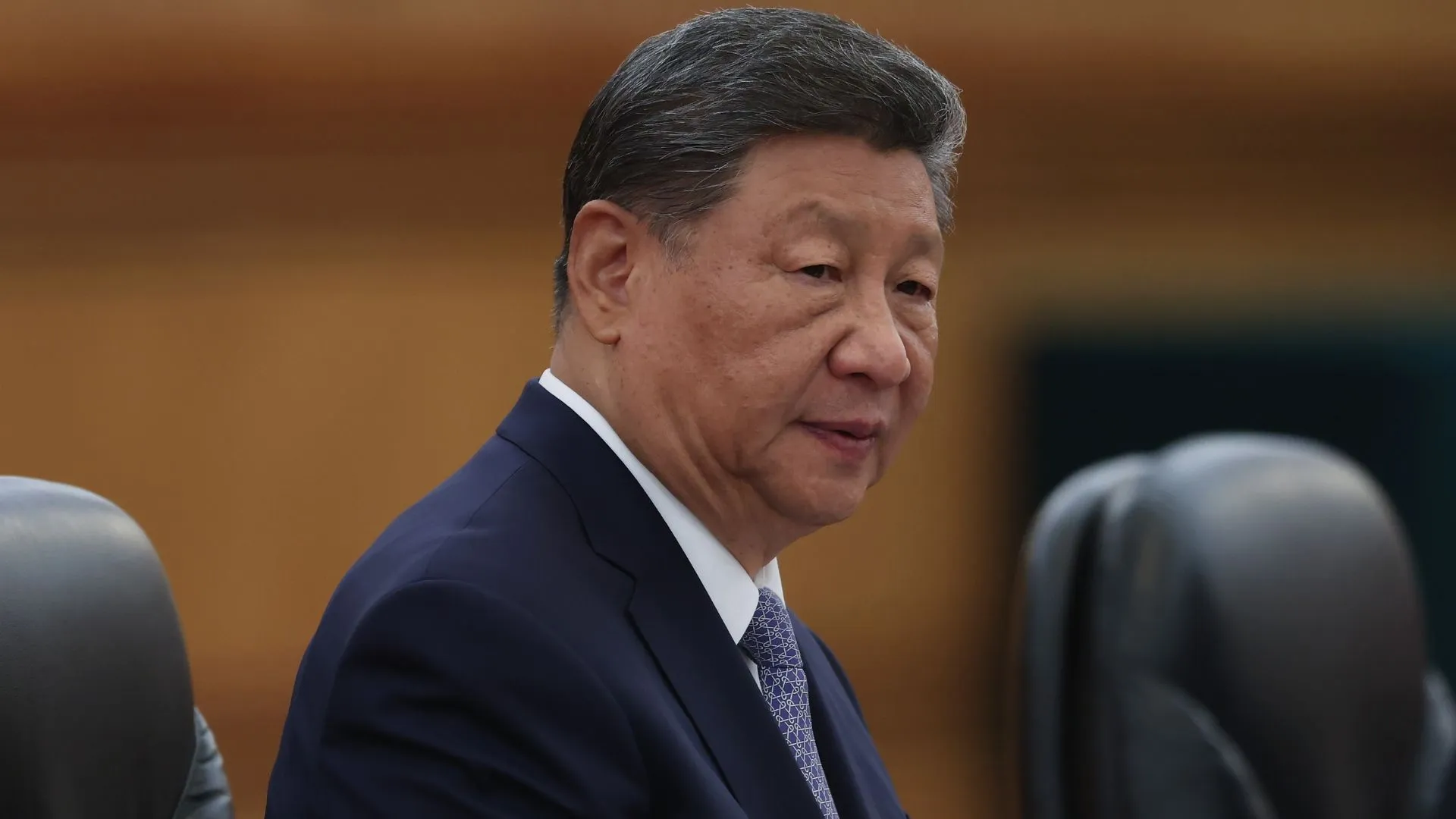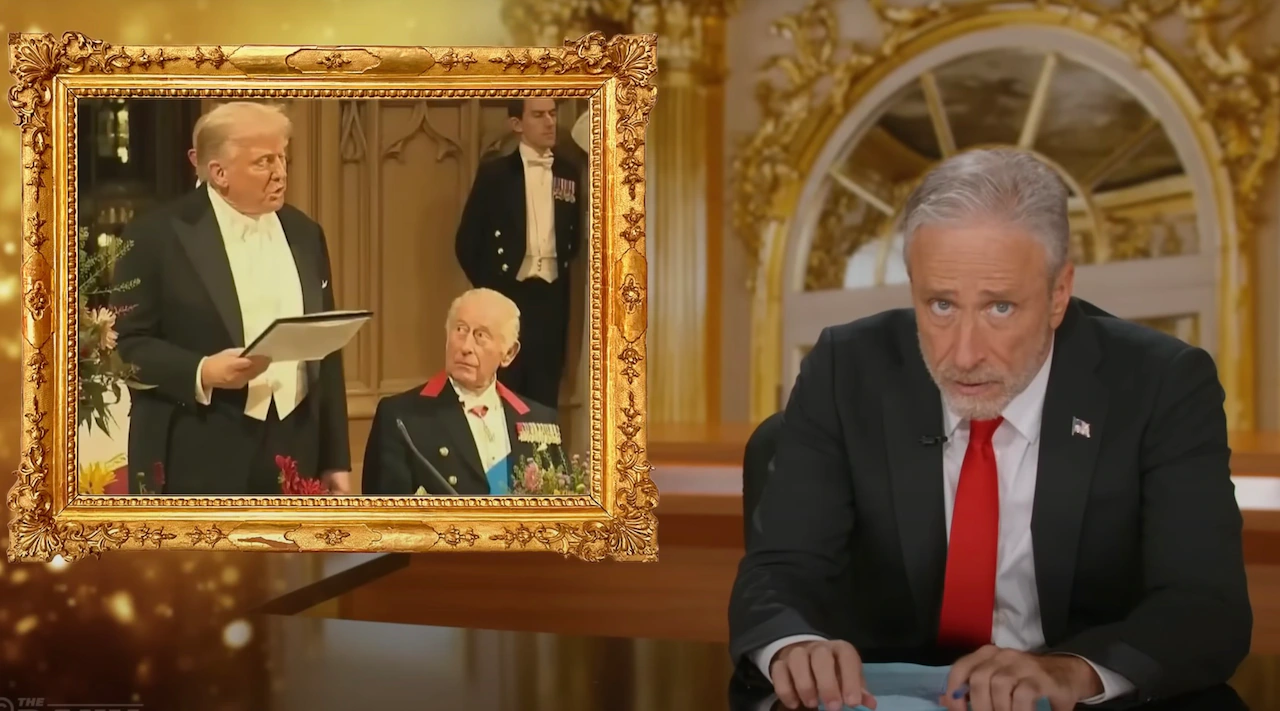
China, the world’s largest carbon polluter, has pledged to cut greenhouse gas emissions 7–10 percent below peak levels by 2035.
President Xi Jinping announced the target on Wednesday in a video address to a U.N. climate leaders’ summit hosted by Secretary-General Antonio Guterres in New York. The commitment comes weeks before COP30 climate negotiations in Brazil.
Xi promised that within a decade, China will expand wind and solar power capacity to more than six times its 2020 level.
He also said non-fossil fuels will make up over 30 percent of domestic energy consumption. He urged developed nations to lead stronger climate action and criticized unnamed countries for resisting the transition.
“Green and low-carbon transformation is the trend of our times,” Xi said. “Despite some countries going against the trend, the international community should stay on the right track, maintain unwavering confidence, unwavering action, and undiminished efforts.”
Xi’s remarks followed U.S. President Donald Trump’s speech at the U.N. General Assembly a day earlier.
Trump dismissed climate change as a “con job” and announced Washington’s second withdrawal from the Paris Agreement. He also attacked Europe and China for expanding renewable energy.
Brazilian President Luiz Inácio Lula da Silva, who will host COP30, delivered a sharp rebuke. “No one is safe from the effect of climate change. Walls at borders will not stop droughts or storms,” he said. “Nature does not bow down to bombs or warships. No country stands above another.”
Mixed responses from leaders
Several major economies outlined their own 2035 targets. Brazil pledged a 59–67 percent cut in emissions and renewed efforts against deforestation.
The European Union said it remains on course to slash emissions by 55 percent by 2030. Its 2035 goal will range between 66 percent and 72 percent.
Australia promised a 62-70 percent cut below 2005 levels by 2035. “We want to bring the world with us on climate change,” Prime Minister Anthony Albanese said.
The Alliance of Small Island States, represented by Palau, announced a 44 percent cut below 2015 levels and called for major economies to act faster.
Kenya’s President William Ruto described climate change as Africa’s “single greatest threat and development opportunity.” Panama’s President José Raúl Mulino Quintero pledged to restore 250,000 acres of ecosystems, including mangroves and watersheds.
Pressure for stronger action
Guterres warned that current pledges remain inadequate. He said projected warming has dropped from 4 degrees Celsius before the 2015 Paris Agreement to 2.6 degrees today. But the world is still off track to meet the 1.5-degree goal. “Now, we need new plans for 2035 that go much further, much faster,” he said.
Some analysts criticized China’s cautious approach. Li Shuo, director of the China Climate Hub at the Asia Society, told Reuters the plan “represents a cautious move that extends a long-standing political tradition of prioritizing steady, predictable decision making but also hides a more significant economic reality.”
Teresa Anderson, Global Lead on Climate Justice at ActionAid International, also told Reuters the EU’s “lowball statement of intent” signaled “a deeper political sickness” reflecting a lack of will to confront corporate polluters.
Climate scientist Johan Rockström, speaking at a science briefing that opened the summit, warned that warming appears to be accelerating. “Here we must admit failure. Failure to protect peoples and nations from unmanageable impacts of human-induced climate change,” he said.
The U.N. has urged countries to file their updated climate plans by the end of the month.
COP30 in Belem, Brazil, will reveal how far nations are willing to go.



